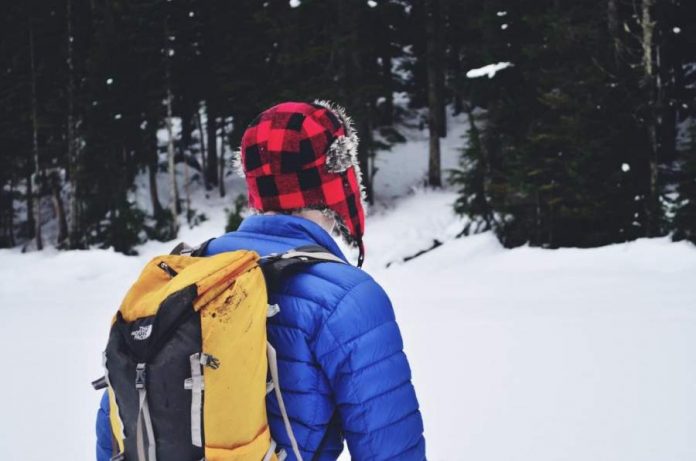Do you turn your nose up at the thought of glamping? Do you prefer roughing it in the wilderness over calling it a night in your $50,000 RV? Does flexing your survival muscles sound like the perfect weekend to you?
If so, you’re a perfect candidate for extreme camping.
Keep reading to find our tips to make your next trip both safe and memorable.
Bring the Right Camping Gear
An extreme camping trip isn’t anything like your typical run-of-the-mill campout. Since you’ll be far from civilization, you’ll need to ensure you bring the right gear. You can’t hop into your car and run to the nearest Wal-Mart if you forget something.
Extreme camping tents are one of the most essential non-negotiables. Look for a durable and lightweight option. If you’re camping in extreme cold weather, you will want to invest in a four-season tent.
A cold-weather sleeping bag will be your best friend on those frigid nights. Pair your bag with a sleeping pad to prevent heat loss and ensure utmost warmth.
You might consider investing in the best solar generator. These small, yet powerful, devices are the perfect power station for your camping needs.
A first aid kit is another non-negotiable. Ensure your kit is stocked with the following essentials:
- antiseptic wipes
- pain medication
- sterile pads
- antibacterial ointment
- cold compresses
- whistle
- medical tape
- tweezers
- gauze bandages
- hand sanitizer
- emergency blanket
Pack the Right Clothing
Layers will be your best friend when you’re going extreme camping. Look for clothing that’s quick-drying and breathable. Merino wool is one of the best fabrics you can buy for cool weather.
Your feet and head are two places on your body that regulate your temperature. Invest in warm wool socks to wick away moisture and dry fast if they do get wet.
A beanie or hood will keep your head warm to prevent heat loss throughout the day and at night.
Bring the Right Food and Drinks
When you’re camping in cold weather, you should be eating for warmth and energy. You should expect to eat more than you would if you were dining out at home. Fifty percent of your diet should come from carbohydrates for an energy boost.
While snow in the wilderness should be safe from pathogenic microbes, it might not be. Plus, if you’re eating cold snow, your body will exert too much energy digesting it. Instead, put snow into a cooking pot and use your campfire to melt it before drinking.
You should also keep track of how much you’re drinking. Dehydration can lead to serious complications and you don’t want to deal with that in the backcountry. Drink water even if you’re not thirsty to ensure you’re getting enough.
Enjoy Your Extreme Camping Trip
Extreme camping isn’t for the faint of heart. If you’re ready to escape to the wilderness, our tips above will help make your trip a success.
Keep reading our lifestyle blogs for more travel and adventure tips.
Read Also : How These Storage Tips Can Help You See the World






























































